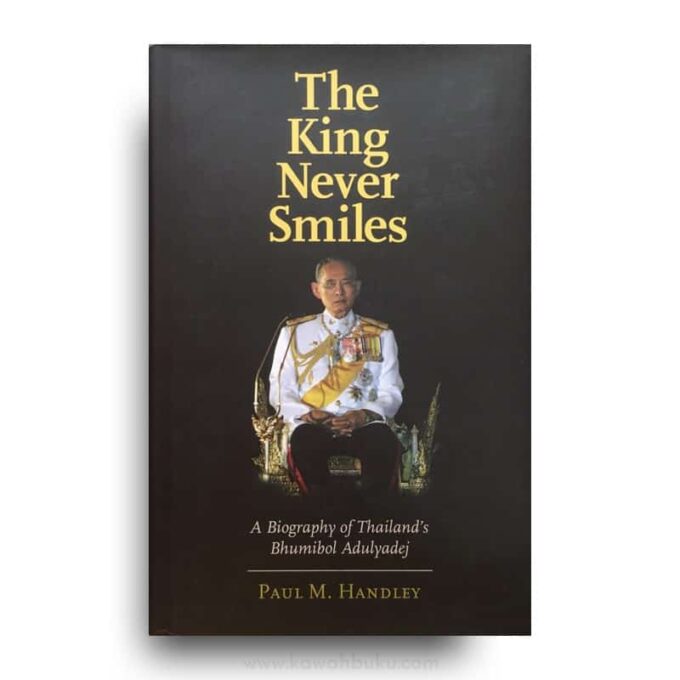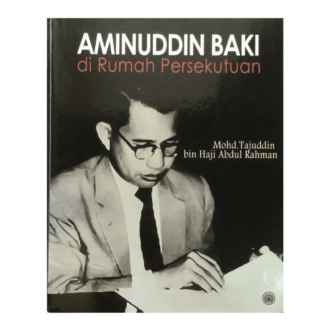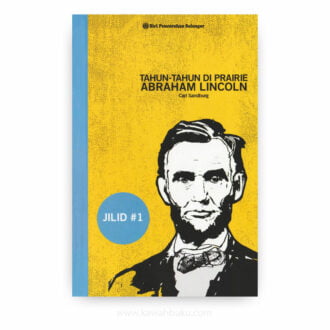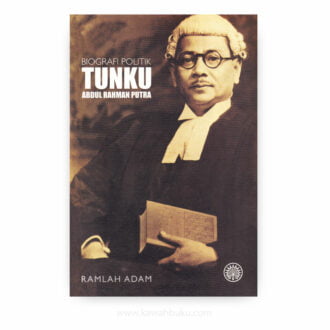The King Never Smiles: A Biography of Thailand’s Bhumibol Adulyadej is the first independent biography of Thailand’s monarch, tells the unexpected story of Bhumibol’s life and sixty-year rule—how a Western-raised boy came to be seen by his people as a living Buddha, and how a king widely seen as beneficent and apolitical could in fact be so deeply political and autocratic.
Paul Handley provides an extensively researched, factual account of the king’s youth and personal development, ascent to the throne, skillful political maneuverings, and attempt to shape Thailand as a Buddhist kingdom. Handley takes full note of Bhumibol’s achievements in art, in sports and jazz, and he credits the king’s lifelong dedication to rural development and the livelihoods of his poorest subjects. But, looking beyond the widely accepted image of the king as egalitarian and virtuous, Handley portrays an anti-democratic monarch who, together with allies in big business and the corrupt Thai military, has protected a centuries-old, barely modified feudal dynasty.
When at nineteen Bhumibol assumed the throne, the Thai monarchy had been stripped of power and prestige. Over the ensuing decades, Bhumibol became the paramount political actor in the kingdom, silencing critics while winning the hearts and minds of his people. The book details this process and depicts Thailand’s unique constitutional monarch—his life, his thinking, and his ruling philosophy.
The King Never Smiles: A Biography of Thailand’s Bhumibol Adulyadej was banned in Thailand before publication, and the Thai authorities have blocked local access to websites advertising the book. Well before its release, in January 2006, the Thai Information and Communications Ministry banned access to the book and blocked access from Thailand to the book’s page on the Yale University Press website and at Amazon.com. In a statement dated 19 January 2006, Thai National Police Chief General Kowit Wattana said the book has “contents which could affect national security and the good morality of the people.”
Any journalist or academic who takes an interest in Thailand soon learns that one topic is off-limits: the modern monarchy. One is told variably that there is nothing more to say than the official palace accounts; that such matters are internal; that the subject is too sensitive and complex for palace outsiders to handle; or simply that it is dangerous, and one risks expulsion or jail for lèsemajesté.
Most people give in to these explanations with little argument. It is easy to do: nearly every Thai one meets expresses unquestioning praise for the king, or at least equivocates to the point of suggesting that there is really not much to be said: the history that is in the open is the whole of it. Palace insiders sometimes concede that there is indeed more to the story, but then demur to say that only real insiders, only Thais within the inner royal circle, can comprehend the mysteries of the king’s reign.
The subject, then, hardly seems worth the trouble to dig into, and so as even the most curious succumb to Thailand’s charm and King Bhumibol’s carefully crafted image, the palace remains an enigma. The result, however, is a crucial gap in modern Thai history and political analysis. In many accounts of Thai politics after the overthrow of the absolute monarchy in 1932, the palace is almost nonexistent, an innocent bystander to the struggle for power. When it does appear, the throne is either a victim of a disrespectful politician or general, or else it is a momentary hero in a rare but successful intervention in a crisis. Most works acknowledge the king and his family only in passing for benign, inspirational leadership and minor good works.
After several years in Thailand as a foreign correspondent, the author began to understand just how deeply the king and the institution of the monarchy were involved politically, and the great impact of this on Thailand’s public affairs and social development. It became most evident when Handley covered, for the Far Eastern Economic Review, the pro-democracy uprising in May 1992. By his eleventh-hour intervention the king emerged from the bloody tragedy as the protector of democracy and the people’s interest against a military-dominated government. But there were many other things before, during, and after the events that suggested a sharply different interpretation.
This was the main spark for The King Never Smiles: A Biography of Thailand’s Bhumibol Adulyadej, and over the years researching it Handley went through several sharp shifts in his view of Bhumibol and his lengthy reign. Some Thai readers will view the author critical portrayal of their sovereign as a destructive attack. Yet in all the author have never had any purpose but to satisfy his own curiosity and then to tell a more complete story of Bhumibol’s life and tenure on the throne.
The King Never Smiles: A Biography of Thailand’s Bhumibol Adulyadej is in no way meant to be the definitive version of that story. Such a version awaits the day internal palace and government records regarding the monarchy are open to public scrutiny. Instead, the author hope is to provide an initial perspective from which other Thailand specialists can work in the future. Moreover, he hope to offer for students of monarchy a case study of one kingship’s confrontation with modernity and rationalism.











Reviews
There are no reviews yet